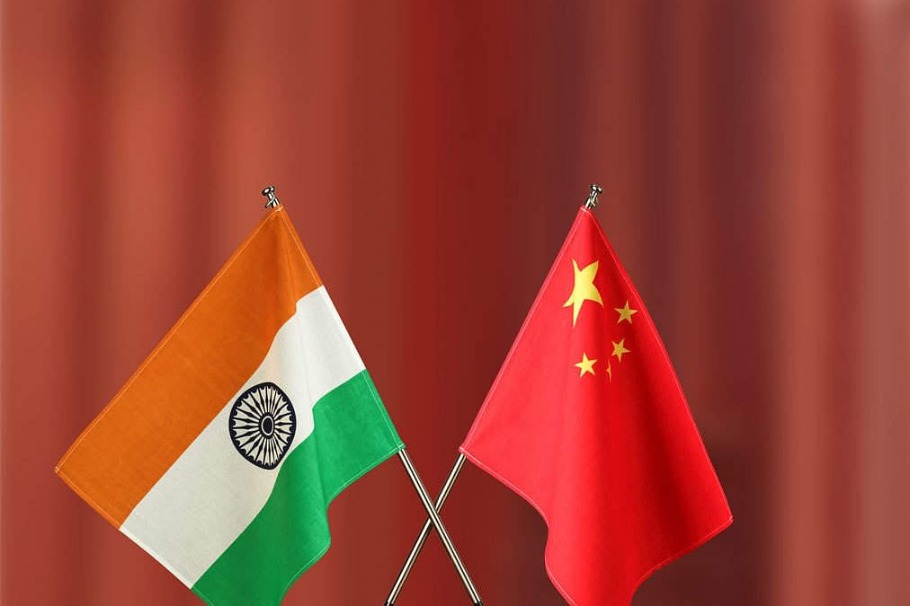Chinese students in Australia face rapidly changing job market


Chinese students in Australia face a rapidly changing and increasingly competitive job market at home and abroad but their overseas study and cross-cultural experience still offer opportunities for employment, according to the latest research and analysis.
Australia remains a favored education destination, but students from China, who comprise the largest group in the country's foreign student population, encounter growing challenges when transitioning from the classroom to the workplace, according to scholars' findings in the education research group of the China Studies Centre at the University of Sydney.
Their report, which was presented on Monday and focused on the employability of students, highlighted key areas like changes in the evolving recruitment criteria and the role of digital and technological channels such as artificial intelligence in the hiring process.
Amid the challenges of a tight job market in China, "overseas graduate degrees are no longer the 'golden ticket' to employment they once were", lead researcher Wei Li said.
"Soft skills such as job interviews and networking are more important than ever, and our research found stark differences in what is needed between the Australian and Chinese job markets," Li said, adding that "there is a universal expectation for candidates to be well-prepared, qualified and committed to their roles."
She said that "it is important for students to take responsibility for their career planning and prepare themselves with the skills they will need for the country and industry they have in mind".
Education is one of Australia's main export industries, with more than 188,300 students from the Chinese mainland alone enrolled in Australian educational institutions as of November. At 22 percent that is the largest group in its foreign student population, the report cited industry figures as showing.
In their report, the university researchers analyzed internship and graduate program recruitment requirements from 62 leading companies in Australia and 45 in China, responses from an Australian graduate outcomes survey, and in-depth interviews with 10 employers and human resources experts in both countries.
Participating in a panel discussion at the launch of the report, Grozdana Manalo, career services manager at the University of Sydney Business School, said for the students, "it doesn't matter whether they're local or international, the number one barrier … is access to information and networks".
International students, without their established home networks and access to information, may appear "potentially less capable or able" — which is not the case, Manalo said.
According to the researchers' report, industries in both Australia and China generally welcomed Chinese students as they aimed to enter the workforce.
Key concern
But visa-related access to employment outside a student's home country was still a key concern for Australian companies' recruitment of international students, the report noted.
In terms of technological changes, the increasing use of digital platforms with more traditional methods like campus recruitment, referrals and networking, saw some common ground in recruitment channels in Australia and China, with both sides tapping AI in the initial screening and interviewing process.
The researchers also made recommendations for universities and employers to help graduates in the job market.
"We would like to see every university ensure that career development is embedded as a learning outcome throughout every degree, and foster environments that challenge students to reflect on how they want to be perceived professionally," Li said.
"Equally, industry needs to engage with educational institutions to provide mentorship and internships, and design graduate programs that consider the unique strengths and needs of Chinese graduates," she said.
Amy Guo, an educational counselor with Aoji company, which provides education services for Chinese students in Australia, said jobseekers now have a wide variety of options, whether to return home for work or explore opportunities abroad.
"Many students will choose to go back and work, but their competitive skill sets, such as bilingualism, can be very advantageous and leveraged, especially with the Chinese community and its many businesses here in Australia," Guo said.
"Chinese students are intelligent and diligent, and those with complementary cross-cultural experiences continue to be very much in demand," she said.
For finance major Chen Xuanmo, 25, the growing opportunities in China mean that returning home for work is the obvious choice after he completes his graduate studies in New South Wales this year.
"China is an economic powerhouse and Australia has major economic ties with it," said Chen. "Chinese students who have spent time abroad have a lot to offer for the development of both sides, whether in terms of work or cultural exchange."
alexishooi@chinadaily.com.cn

































